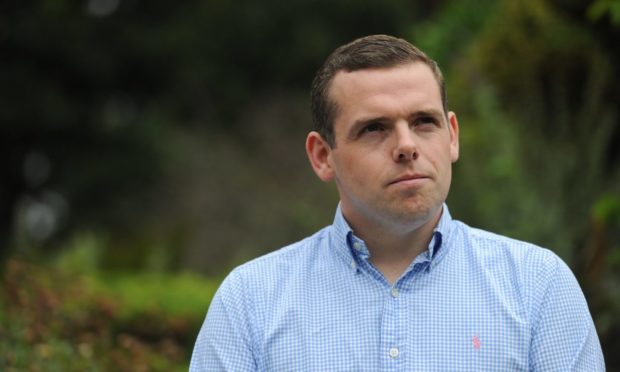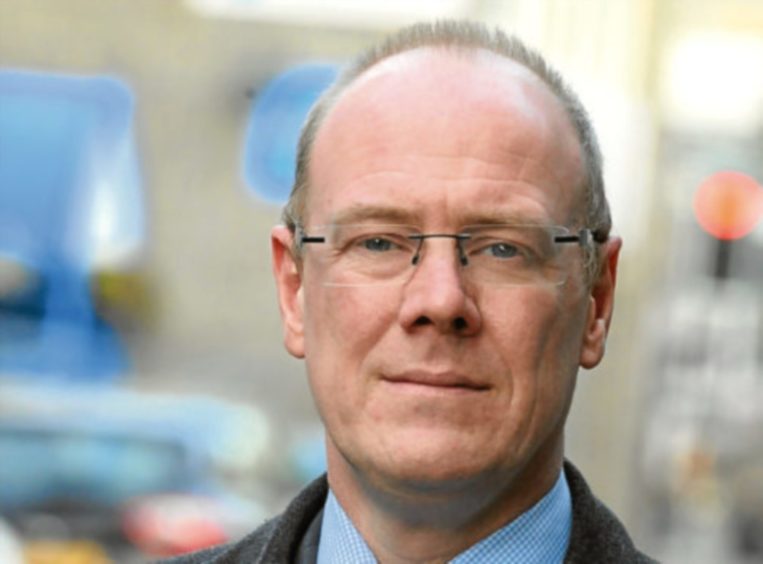Scottish Conservatives leader Douglas Ross has vowed that planning decisions will never be overturned by Central Belt officials if elected.
Concerns have been raised by communities across the north about the number of developments which have been rubber-stamped by the Scottish Government after being rejected by councils.
Figures published by the Press and Journal this month revealed 60% of applications appealed in Moray were overturned between April 2015 and October 2020.
Nearly half of applications in the Highlands were approved at the second attempt with about 40% in Aberdeenshire and a third in Aberdeen.
Orkney has the highest rate of overturned decisions with four in five being reversed.
The Scottish Government has stressed that access to the appeals system is a “vital element” of the planning process.
However, Mr Ross believes local views should be prioritised as part of that.
The Moray MP said: “In January, two applications that were thrown out by Moray Council were overturned on appeal by a Scottish Government appointed reporter.
“Local councillors had weighed up the arguments on both sides and had done what they thought was best for their communities.
“It is galling that their decision in the end counted for nothing.
“The Scottish Government should not have the power, unless there are exceptional circumstances, to overturn local decisions.”
Mr Ross has explained changes to the “anti-democratic” planning system will form part of his party’s manifesto for May’s Scottish Parliament election.
Applications that were rejected by Moray Council before being overturned by the Scottish Government in January included housing developments at Bain Avenue in Elgin and at Ferrylea in Forres.
However, in the same month, officials also upheld the decision of the local authority’s planning committee to reject an application to renovate an abandoned fishing bothy as part of a wider holiday accommodation development near Roseisle Beach.
Changes have not always favoured developers though with government officials rejecting a bid to build a luxury golf course at Coul Links in Sutherland in February this year.
Highland Council had approved the development in 2018, believing it would provide an economic boost to the area, but the decision was called in by the Scottish Government who rejected it following a four-week public inquiry.
Planning minister Kevin Stewart has stressed that Holyrood is committed to the “right developments in the right places”.
He said: “Access to appeal has been, and remains, a vital element of that balance in the planning system.
“The vast majority of appeals are decided by reporters working independently. Their professional decisions are made on the planning merits of each – looking afresh at the details and taking full account of the evidence before them, including representations from members of the local community.
“The Scottish Parliament has recently passed the Scottish Government’s new Planning Act, which is strengthening decision-making, enhancing collaboration and the influence of local people, and supporting the delivery of good-quality planned development.”

